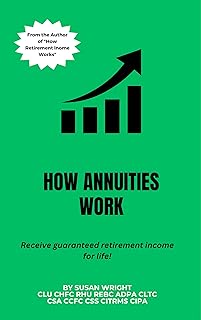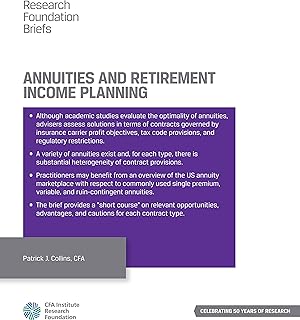As the Federal Election looms, a new superannuation policy proposal is stirring up debates across the industry. A draft discussion paper from the government hints at a future where retirees may have limited control over their super lump sum, mandating investments in products that ensure a lifelong income.
This potential shift could see retirees with substantial super balances directed towards annuities, aiming to provide financial security in the long term. However, annuities have faced challenges in the past, with drawbacks including inflexibility, lower returns compared to other pension options, and potential limitations on passing on residual funds to beneficiaries.
The core concern driving this policy change is twofold: the risk of retirees outliving their savings and the risk of leaving substantial unspent funds at the end of life. The intention is to encourage retirees to spend confidently during their retirement years, rather than treating superannuation primarily as an estate planning tool.
Yet, critics argue that many retirees hold onto significant super balances due to concerns about future expenses, such as aged care and healthcare costs. This defensive approach to savings reflects a broader societal issue around financial security in later years, overshadowing the debate on spending patterns in retirement.
Personal choice and autonomy in managing super funds are integral to the ethos of superannuation. Mandating annuities could potentially erode this sense of control, raising questions about individual preferences and lifestyle choices in retirement planning. The balance between regulation and flexibility is a key consideration in shaping effective superannuation policies.
While default settings may streamline administrative processes, they risk overlooking the diverse needs and preferences of retirees at different life stages. The proposed policy may inadvertently limit the financial options available to retirees, potentially driving some to seek alternative investment strategies outside the superannuation framework.
Optimizing annuity products to align with international standards could enhance the appeal of mandatory investments. However, the element of compulsion remains a contentious issue, challenging the notion of choice and personal agency in retirement planning. Striking a balance between regulatory oversight and individual autonomy is crucial in shaping a sustainable superannuation landscape.
Regardless of the election outcome, the evolution of superannuation policies will be closely monitored to safeguard the principles of freedom and choice within the retirement savings framework. Balancing regulatory objectives with individual needs is a delicate task that requires ongoing dialogue and adaptation to ensure the long-term viability of Australia’s superannuation system.
📰 Related Articles
- Debate Erupts Over Labor’s Superannuation Policy in Australian Election
- Debate Over Labor’s Superannuation Tax Plan Sparks Generational Divide
- Victoria Faces Debate Over Future of Greyhound Racing Industry
- Tax Expert Urges Superannuation Reforms for Fairer Retirement System
- Superannuation Tax Showdown Looms in Parliament Amid Legislative Debate





